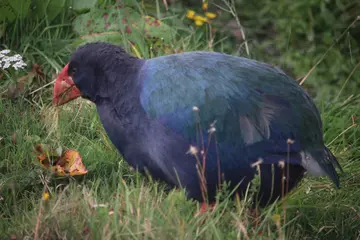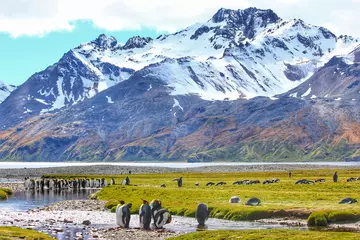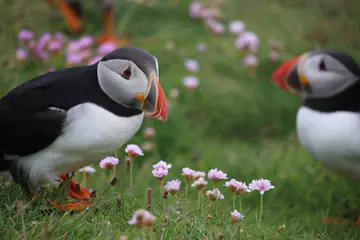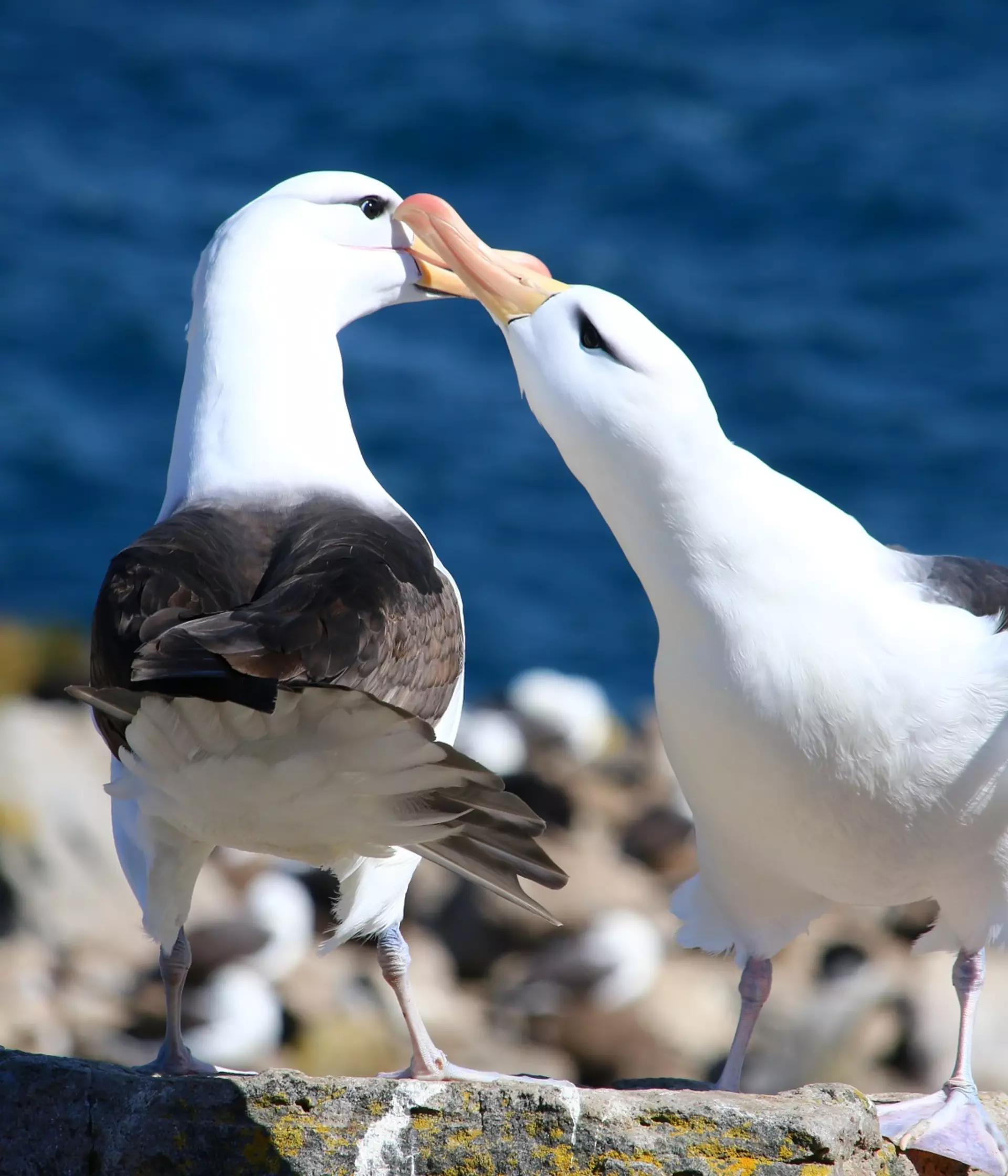
Joshua Elves-Powell
PhD Researcher
ZSL PhD student, Joshua Powell, discusses the importance of islands when it comes to protecting British and global biodiversity.
Islands are some of the most important locations on the planet for global biodiversity conservation. That is because offshore islands, in particular – although often small, remote and overlooked – host a disproportionate share of the planet’s biodiversity. The remote British island of St Helena, for example, is home to 502 endemic species alone.
St Helena is one of the UK Overseas Territories, 14 isolated territories (mostly islands) scattered around the world. Many of the Overseas Territories are poorly known, but they are sites of national and global importance for wildlife. In total, the UK Overseas Territories are estimated to hold a staggering 94% of the 1,600 known British endemic species.
Why is island biodiversity at risk?
Although they are remarkably diverse, offshore islands can also be extremely vulnerable. The unique biogeography of islands makes them particularly vulnerable to the introduction of invasive alien species, while habitat loss and unsustainable harvesting – even, as illustrated by one recent example from Australia, climate change – may all pose major threats to island biodiversity.
Successful island conservation
Fortunately, one island country, New Zealand, has taken a pioneering role in the development of island conservation practises. These are a suite of approaches, including invasive species removals, translocations and island restoration techniques, that are specifically targeted at the unique challenges faced by conservation on islands.
One of the most famous examples has been the island of TiriTiri Matangi, which has been transformed from an intensively farmed and largely denuded island, into a thriving wildlife sanctuary home to some of the country’s rarest species.

There is now growing interest in how these approaches can be used to help protect biodiversity on both the British Isles and the UK Overseas Territories. Expertise from New Zealand will continue to play an important role, both inspiring and informing future island conservation projects.
One of the biggest UK success stories so far has been the successful eradication of invasive rodents from South Georgia, led by the South Georgia Heritage Trust, which will help protect the subantarctic island’s globally important populations of ground-nesting birds. Speaking to polar guides on South Georgia in 2017, I was thrilled to hear that they had already noticed a marked increase in sightings of the South Georgia pipit (Anthus antarcticus), a priority species for the island and the only songbird in the Antarctic.

What can the UK learn from the success of other island conservation projects?
Following the success on South Georgia, interest has turned to other British Overseas Territories – the Royal Society for the Protection of Birds (RSPB) is currently undertaking an ambitious restoration project on Gough Island, a UNESCO World Heritage Site threatened by invasive mice - and even parts of the British Isles themselves. Biodiverse and globally important, but at times severely threatened, islands now represent a real cause for conservation optimism.

It’s not just the UK Overseas Territories: several offshore islands in the British Isles, such as Fair Isle, St Kilda and Bass Rock, host important seabird populations.
While island conservation approaches are increasingly being utilised for remote and uninhabited islands in the UK Overseas Territories, we still have some way to go to achieve the sort of awareness and engagement with this field that New Zealand has achieved. There could not be a more important time to get involved with island conservation.
Watch Josh's new short film on Island Conservation on YouTube
